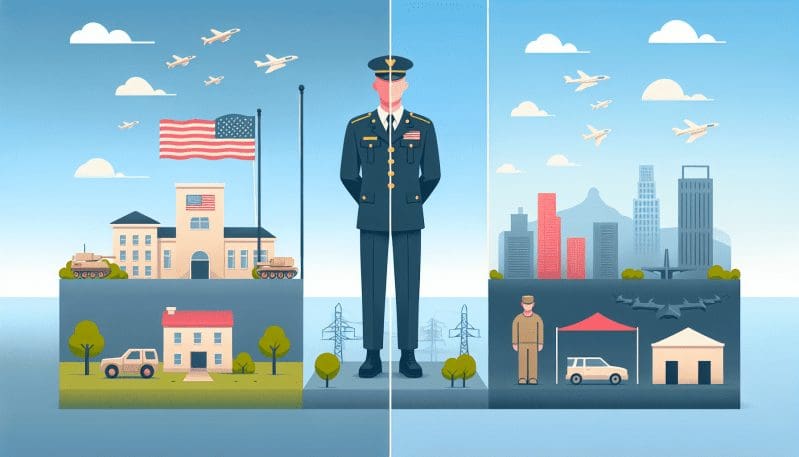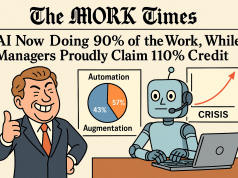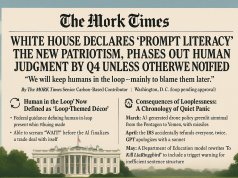As service members transition into civilian careers, they enter a landscape that is notably different from the structured environment of the military. This journey, while filled with potential, requires adaptation and a reframing of the robust skill sets honed in the armed forces. Veterans possess a myriad of skills that are highly valuable in the civilian workforce, such as leadership, strategic planning, and the ability to work under pressure. Yet, the challenge often lies in translating these abilities into terms that resonate with civilian employers.
The first step for any veteran looking to penetrate the civilian job market is to understand how their military experience can fill the needs of today’s employers. Leadership, an intrinsic part of military training, can translate into managerial positions, project team leads, or roles requiring strategic oversight. Problem-solving skills, developed through the necessity of quick, decisive action in the field, equip veterans for roles in operations, logistics, and crisis management. Teamwork abilities can make veterans ideal candidates for roles that require collaboration, adaptability, and communication.
To effectively market these skills, veterans must become fluent in corporate lingo. This may involve translating military titles and roles into civilian equivalents on resumes and LinkedIn profiles, and mastering the art of articulating one’s experiences in a way that is relevant to non-military audiences during interviews.
Companies and hiring managers can also play a significant role in this integration process. By recognizing the value and diversity of experiences that veterans bring to the table, businesses can create programs tailored to veteran recruitment, ensuring smoother transitions and better retention rates. Implementing veteran mentorship programs and fostering a culture that appreciates the strengths of a military background can enrich the company dynamic.
Success stories of veterans who have carved out fulfilling second careers abound and serve as inspiration for those just beginning their journey. For instance, a former logistics officer may find a natural fit in supply chain management for a major corporation or a veteran with a knack for communication may excel in public relations.
To aid veterans in their job search, several resources are available. Organizations such as the Department of Veterans Affairs, American Corporate Partners, and Hiring Our Heroes provide networking opportunities, job fairs, and mentorship connections that can be invaluable.
In conclusion, as veterans look to find their place in the civilian job market, it’s essential to view their military service as an asset that can be leveraged for success. By translating skills into corporate language, networking effectively, and utilizing available resources, veterans can navigate their post-service careers with confidence. Companies that foster an understanding and appreciation for military experience can unlock a wealth of talent and leadership. Together, veterans and civilian employers can work towards a mutually beneficial integration, enriching the workforce with disciplined, skilled, and dedicated professionals.




























